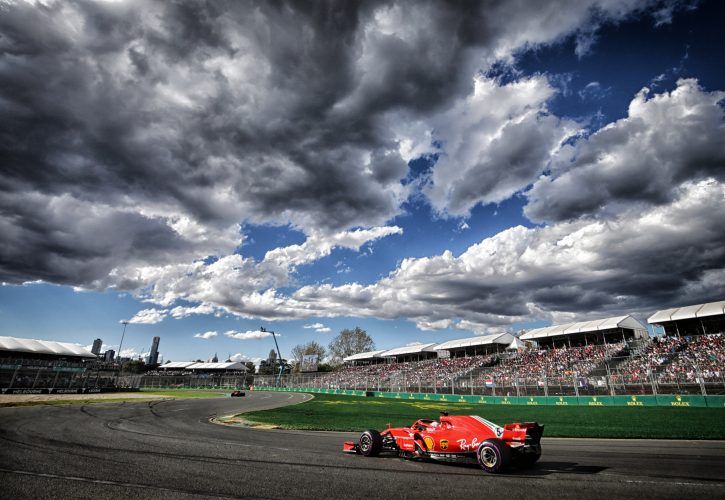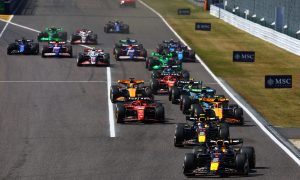
The Formula One Group Teams will present to teams and manufacturers its refined 2021 regulation framework and vision of the future at a special meeting next week in Bahrain.
The blueprint is expected to outline the sport's future engine format as well as potential cost-cutting measures.
Last year, F1 sporting manager Ross Brawn tabled a draft proposal regarding the sport's future power unit which called for a less sophisticated and expensive engine, stripped of part of its MGU-H component, and the use of standardized part.
The provisional plan was met with skepticism on the part of Mercedes and Renault, and outright opposition from Ferrari, with chairman Sergio Marchionne threatening to pull the manufacturer out of F1 should ever the proposal come to pass in its initial form.
Since last October, Brawn has held lengthy discussions with teams and manufacturers, gathering feedback to elaborate the second proposal which shall be divulged in Bahrain.
The general consensus favours in principle a reduction in costs, and less sophisticated technology, although it's uncertain if teams will agree on how the targets can be achieved.
"I was told we’ll get the details in Bahrain" said Red Bull’s Dr. Helmut Marko.
"We’ll wait and see what is coming. Let’s see, but I can’t see the MGU-H staying. We agree and we’re sure that there has to be a change on the technical regulations, and also on the cost side.
"It has to be reduced. In whatever way, it doesn’t matter, but it has to be reduced. Look at our neighbours [Force India]. No team is earning money, it’s not a solid and healthy business model."

Teams have been pressing Liberty Media to clarify its vision and the sport's path to the future, whether it be on the regulation or commercial front.
Force India deputy team principal Bob Fernley, who has been critical of F1's lack of action, says a clear definition of the sport's engine rules is expected.
"The key thing is they’ve now got to start delivering a bit," he told Motorsport.com.
"We’ve had this nice build-up, we’ve now got to get it over the hump.
"It’s going to be an important year for them. It’s important to get the engine regs clearly established in 2018, because the manufacturers are going to need that lead time to be able to look at it.
"I think you could wait until 2019 to be able to confirm the chassis regs and anything else, because that again you’ve got a year or so to implement it.
"And that leaves you at least a year or more to discuss the commercial side of it."
Gallery: The beautiful wives and girlfriends of F1 drivers
Keep up to date with all the F1 news via Facebook and Twitter







